
Goodbye, Pyeongyang (2011)
Género : Documental
Tiempo de ejecución : 1H 22M
Director : Yang Yong-hi
Sinopsis
"Goodbye, Pyeongyang" is co-production between South Korea and Japan Synopsis Director Yonghi Yang’s previous piece, “Dear Pyeong Yang”, has told of North Korean tales. This time, he brings in “Sun-hwa”, the sister of a brother who migrated to North Korean from Japan in the beginning of the 1970s. Through “Sun-hwa”, it shows the images of the immigrant generation as well as the generation that was born and raised in North Korea. Although ‘Sun-hwa’s growth stages are very typical, the specialty of the North Korean society is quietly shown. Through the process of establishing her identity in the North Korean society as an immigrant generation, North Korea isn’t portrayed as simply an unsociable society but as an area on earth which hold the universal image of the human society. This may be said to be producer “Yang”s special merit. The picture of family gives a normal everyday life view of the known-to-be different name, North Korea.

A group of elite soldiers is sent across the border to South Korea to destroy a military base.
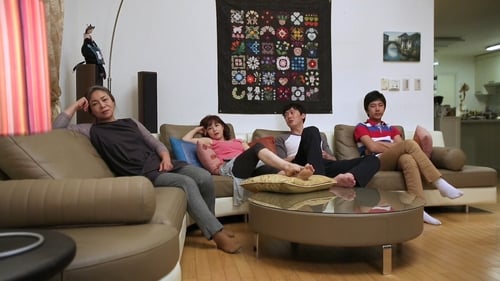
Based on a screenplay by the prolific Kim Ki-duk. Two families live next door to each other in identical suburban white houses with green lawns. One family is from South Korea, the other is a fake family assembled from North Korean spies. The North Koreans must strictly obey every order from their regime, who holds their real families hostage. The problem is that the families affect each other and after a while, the political rift in the North Korean house becomes apparent. Naturally, there also occurs cross-border romantic entanglements between old and young alike.

Sergeant Jung and his crew capture South Korean soldiers Han Gyu and Yeong Bok. Without knowing their identity, the crew continues the journey with two POWs.

Shin Dong-Huyk was born on November 19, 1983 as a political prisoner in a North Korean re-education camp. He was a child of two prisoners who had been married by order of the wardens. He spent his entire childhood and youth in Camp 14, in fact a death camp. He was forced to labor since he was six years old and suffered from hunger, beatings and torture, always at the mercy of the wardens. He knew nothing about the world outside the barbed-wire fences. At the age of 23, with the help of an older prisoner, he managed to escape. For months he traveled through North Korea and China and finally to South Korea, where he encountered a world completely strange to him.

Un productor de documentales de la BBC tiene acceso sin precedentes a Corea del Norte para narrar la historia del famoso conjunto norcoreano que avanzó a los cuartos de final en la Copa del Mundo de 1966. El documental incluye entrevistas a miembros sobrevivientes del equipo, fanáticos ingleses y expertos de fútbol que vieron como los norcoreanos vencían a Italia por 1-0.
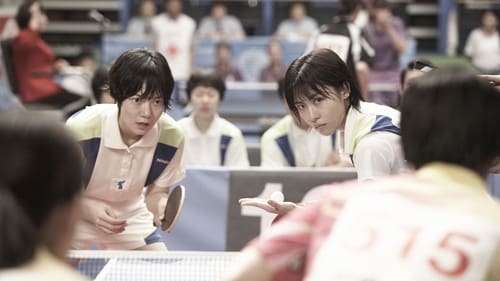
Basada en una historia real, en la que dos jugadoras de ping-pong, una de Corea del Norte y otra de Corea del Sur, compitieron juntas en el campeonato mundial de 1991, en Japón.
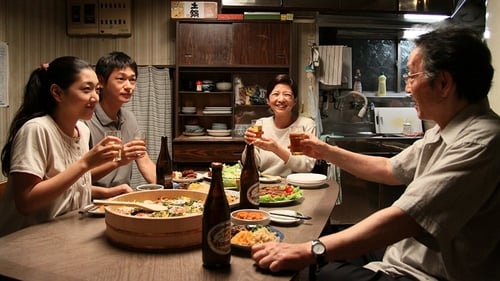
From the late 1950s through the '70s, more than 90,000 of the ethnic Koreans in Japan emigrated to North Korea, a country that promised them affluence, justice, and an end to discrimination. KAZOKU NO KUNI tells the story of one of their number, who returns for just a short period. For the first time in 25 years, Sonho is reunited with his family in Tokyo after being allowed to undergo an operation there. Sonho’s younger sister Rie is at the centre of the film, and is not hard to recognise as the director’s alter-ego. In her documentaries DEAR PYONGYANG and SONA, THE OTHER MYSELF, Yang Yonghi told the story of her own life, and how, at age six, she experienced the departure of her three older brothers, who left their family for Pyongyang.

Dave Skylark, presentador de un conocido programa de entrevistas, y su productor, Aaron Rapoport, consiguen una entrevista exclusiva con Kim Jong-Un, dictador de Corea del Norte. Ante tal oportunidad, la CIA les pide un "favorcillo": asesinar a Kim. Pero lo cierto es que Dave y Aaron no son las personas más cualificadas para realizar un magnicidio.

They speak the same language, share a similar culture and once belonged to a single nation. When the Korean War ended in 1953, ten million families were torn apart. By the early 90s, as the rest of the world celebrated the end of the Cold War, Koreans remain separated between North and South, fearing the threat of mutual destruction. Beginning with one man's journey to reunite with his sister in North Korea, filmmakers Takagi and Choy reveal the personal, social and political dimensions of one of the last divided nations on earth. The film was also the first US project to get permission to film in both South & North Korea.
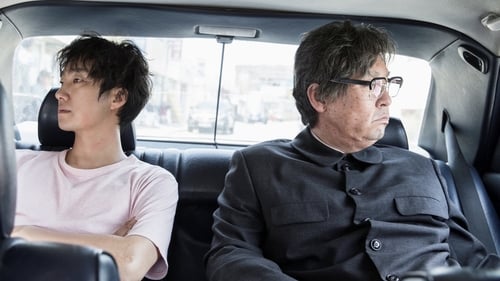
Ambientada en la década de 1970, antes de la primera cumbre de Corea del Norte-Corea del Sur en Corea del Sur. Sung Geun es un actor de teatro que es un apasionado de su trabajo. Él sólo interpreta papeles pequeños. Cuando su hijo Tae Sik era joven, admiraba a su padre, pero él ahora piensa en su padre como una carga. Sung Geun es pronto seleccionado para interpretar un doble para el dictador norcoreano Kim Il Sung.

Pyongyang, a city full of happy people and flowers. A city of factories with smiling seamstresses and welders of locomotives. A city of power plants the illuminate department stores offering the fruits of the labour of its workers and peasants. Everybody spends their free time in sports palaces with synchronized swimming and white doves, or in the palace of cultures, where young pioneers play the accordion. Old men and women go on walks and young lovers rent boats by the river, above which arches a rainbow, a symbol of happiness and contentment.
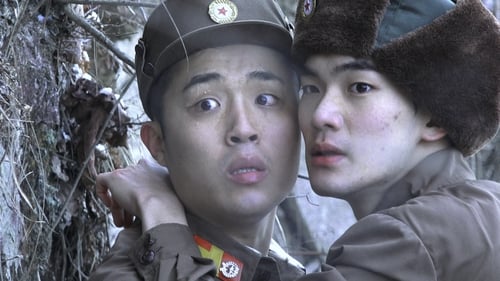
In the winter of 2013, Yong-jun and Jae-sung, a member of the Korean People’s Army, are caught having sex by a superior. After that, Yong-jun decides to defect from North Korea to the South leaving Jae-sung behind. Yong-jun risks his life to step on the land of freedom and meets Tae-kyu. Two years after, Jae-sung comes over to the South, and Yong-jun must decide between Jae-sung and Tae-kyu. This causes misunderstandings and puts them in pain.
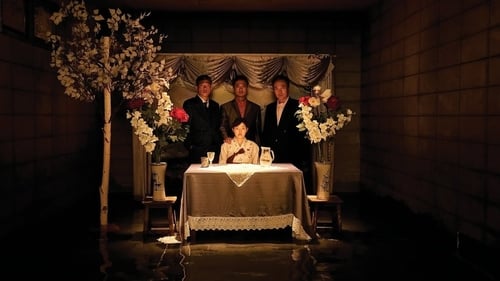
Over many years of division, North and South Korea have become like a hall of mirrors where it is difficult to tell the real from the false. Inspired by real people who have traveled between North and South amid this division, this film depicts a relationship between the two that is so deeply skewed that it is impossible to tell what anyone is working to achieve.

Arrojando nueva luz sobre un punto geopolítico conflictivo, la película, escrita y producida por John Maggio y narrada por el actor coreano-estadounidense John Cho, confronta el mito de la "Guerra olvidada", documentando el conflicto posterior a 1953 y sus consecuencias globales.
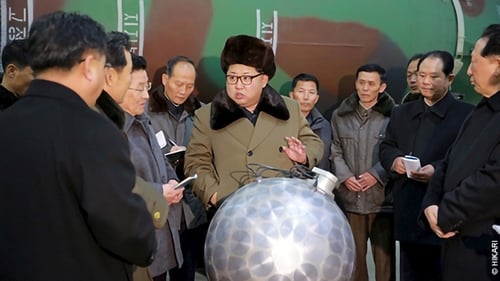
The escalation of tensions between Pyongyang and Washington continues, plunging the world into fear of a nuclear war. Update on the geopolitical issues of this conflict.
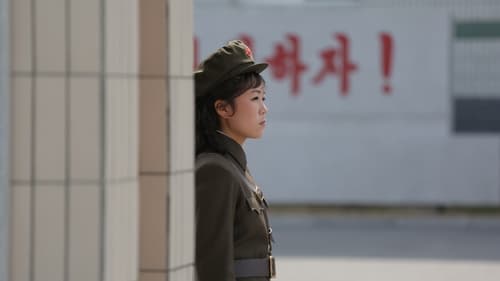
North Korea has nuclear weapons. How did it manage to get them quietly? Donald Trump is under the impression that as US president he could convince Kim Jong-un, the North Korean leader, to disarm his nuclear weapons and make peace with South Korea. But how was it possible that one of the poorest countries in the world could acquire the knowledge to produce nuclear-tipped rockets?

Shrouded in secrecy and notoriously cash-strapped the North Korean regime has resorted to running one of the world's largest slaving operations - exploiting the profits to fulfil their own agenda. These bonded labourers can be found in Russia, China and dozens of other countries around the world including EU member states. Featuring undercover footage and powerful testimonials, we reveal the scale and brutality of the operation and ask what, if anything, is being done to stop it.
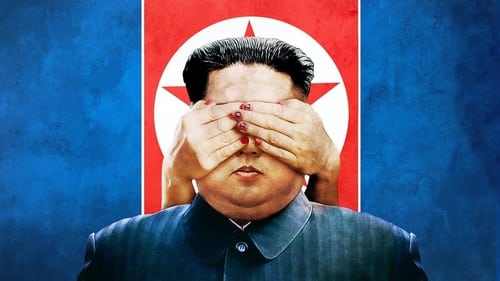
El verdadero crimen se encuentra con el thriller de espías mundial en este apasionante relato del asesinato de Kim Jong-nam, el medio hermano del líder norcoreano. La película sigue el juicio de las dos mujeres asesinas, investigando la pregunta: ¿fueron las mujeres asesinas entrenadas o peones inocentes de Corea del Norte?
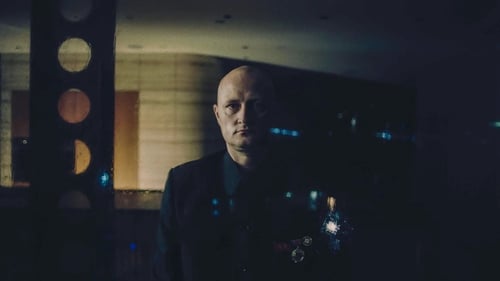
El documental más impactante del año, una de esas producciones que trascienden la pantalla y tienen el potencial de cambiar un poco el mundo. Tras investigar la muerte del secretario general de la ONU Dag Hammarskjöld en su anterior obra, el director danés Mads Brügger infiltra a dos hombres en Corea del Norte para destapar un escándalo que pone en la picota al regimen de Kim Jong-Un y al popular diplomático Alejandro Cao de Benós. Los Ministros de Asuntos Exteriores de Suecia y Dinamarca ya han llevado el documental ante el Consejo de Seguridad de las Naciones Unidas para solicitar nuevas sanciones para Corea del Norte. Dos hombres normales y corrientes se embarcan en una misión escandalosamente peligrosa durante diez años para penetrar en la dictadura más secreta y brutal del mundo: Corea del Norte.
















